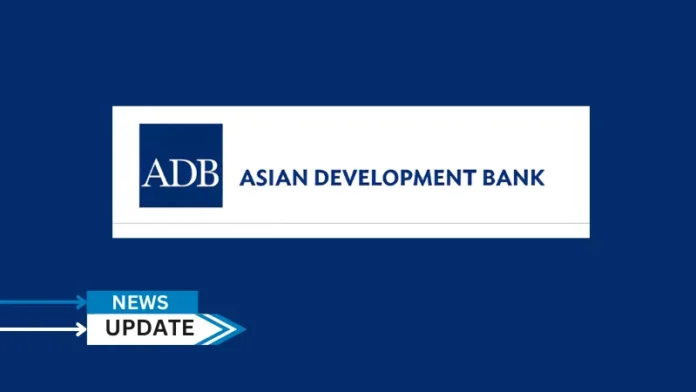
The Asian Development Bank (ADB) and the Government of the Cook Islands have signed a $30 million loan agreement to support the Cook Islands in building resilience and spur sustainable growth.
Read also – ADB, SK Finance Sign Deal to Boost Financing for Women Entrepreneurs, EVs in India
The agreements were signed at ADB Headquarters in Manila by ADB Alternate Executive Director Llewellyn Roberts, on behalf of the Government of the Cook Islands, and ADB Director General for the Pacific Leah Gutierrez.
Read also – Revibe Raises US$7 Mn Series A Funding Round
The Cook Islands Resilient Transformation Program comprises a $30 million policy-based concessional loan for subprogram 1 in fiscal year 2025 (ending on June 2025) and a proposed $30 million policy-based concessional loan for subprogram 2 in fiscal year 2027.
The program is supporting the Cook Islands in accelerating reforms to support fiscal resilience and developing a fit-for-purpose modern public sector, including the development of the Cook Islands’ first sovereign wealth fund.
The program also supports the country’s efforts to promote a healthy and sustainable population, contributing to human capital development and mitigating labor shortages; key constraints facing public and private sector development; and boost reforms to improve environmental management and governance.
“ADB commends the Government of Cook Islands ambitious reform agenda,” said Ms. Gutierrez. “The program will enable the Cook Islands to access highly concessional financing under ADB’s new lending terms for small island developing states while also supporting reforms to build resilience. This includes reforms to adapt to critical challenges in the public sector, labor market, and in relation to environmental management.”
ADB closely coordinates program design and implementation with the Government of New Zealand and other development partners.
About ADB
The Asian Development Bank (ADB) is committed to achieving a prosperous, inclusive, resilient, and sustainable Asia and the Pacific, while sustaining its efforts to eradicate extreme poverty. It assists its members and partners by providing loans, technical assistance, grants, and equity investments to promote social and economic development. Established in 1966, it is owned by 69 members—49 from the region.





